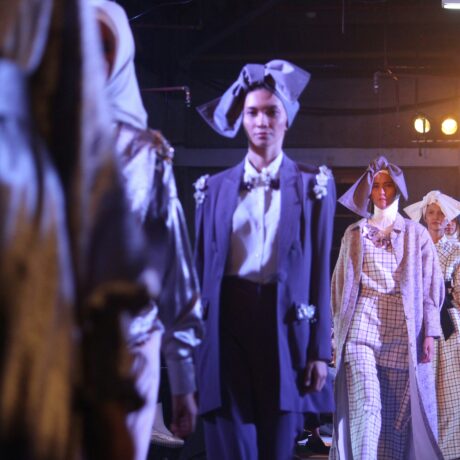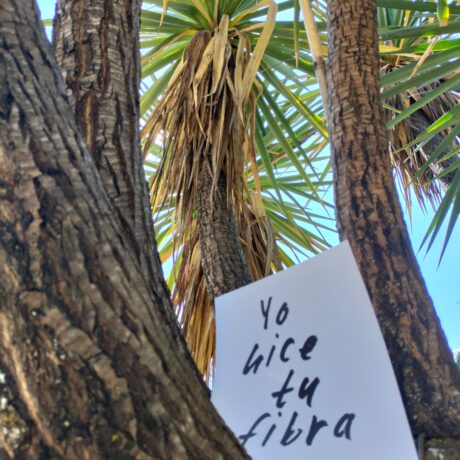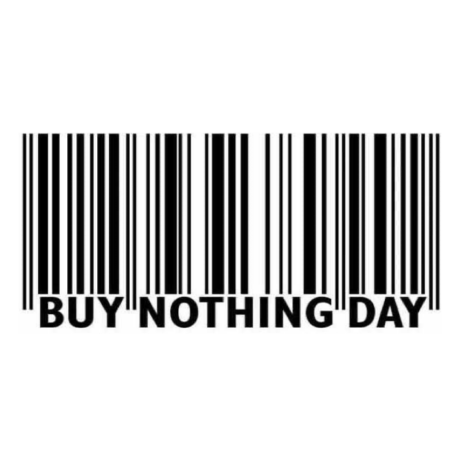Why Fashion Matters for International Women’s Day
This International Women’s Day, Fashion Revolution celebrates the women who make our clothes.
International Women’s Day is at the very heart of Fashion Revolution. It is a moment to celebrate the women we represent and support in our campaign and to reflect on how much is still to be done in achieving gender equality. Almost anywhere that clothes are made, most of the work is done by women. So when we ask, #WhoMadeMyClothes?, the answer is most often women.
This year, we’ve put together our list of five reasons to support International Women’s Day. From the impact of environmental degradation on women’s wellbeing to the hypocrisy of slogan-tee-feminism, these issues collectively paint a picture of women’s rights in the fashion and garment industry, and highlight the work that remains to be done.
1: Women make our clothing and their wellbeing depends on it.
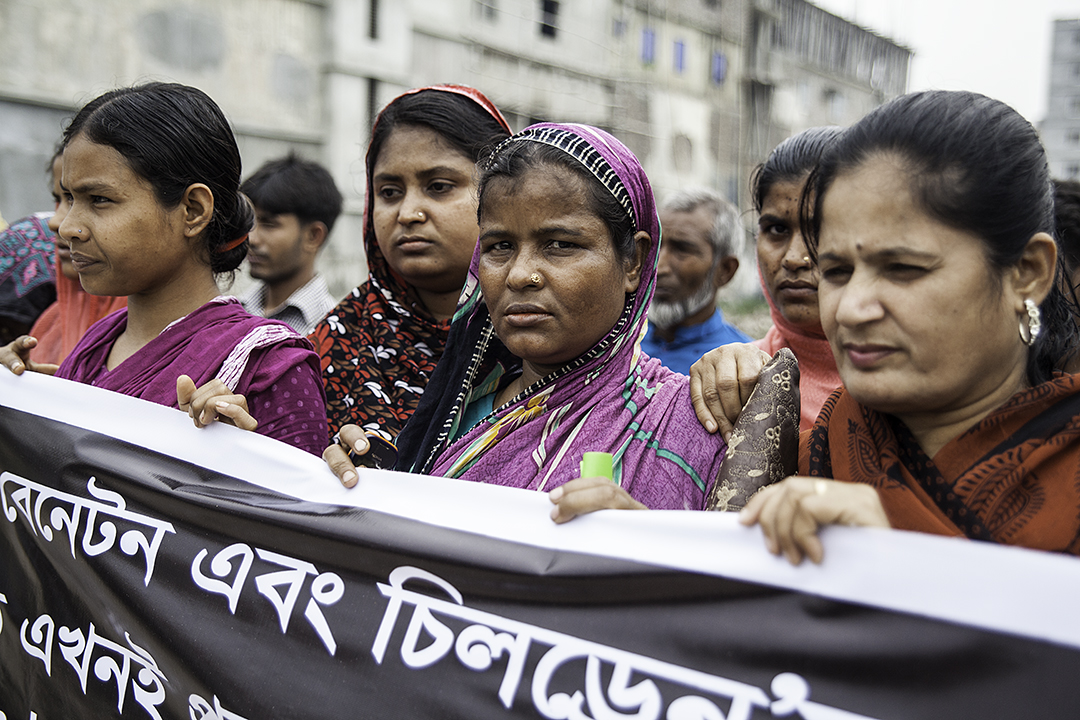
When we embarked on the Garment Worker Diaries in 2017, we put together a picture of just how female the workforce truly is in the garment sectors in Cambodia, India, and Bangladesh. But this fact isn’t limited to those countries. The fashion industry remains one of the most labour intensive industries in the world, and most of that labour is carried out by women. Around the globe, it is estimated that roughly 80% of garment workers are women (Source: World Bank). Equally, women represent 71% of those trapped in modern slavery, where garments weigh in at the 2nd highest at-risk product category (Source: Walk Free Foundation, 2018).
As we’ve seen recently with the ongoing protests for a living wage for garment workers in Bangladesh, along with the concerning fate of the Bangladesh Accord, the livelihoods of the women who make our clothes remains an uphill battle.
At Fashion Revolution, we urge citizens to take part in our #WhoMadeMyClothes campaign, not only because we need to demand transparency, but because when fashion brands have something to hide, those most harmed are usually women.
2: Women pay the price when we trash the planet.
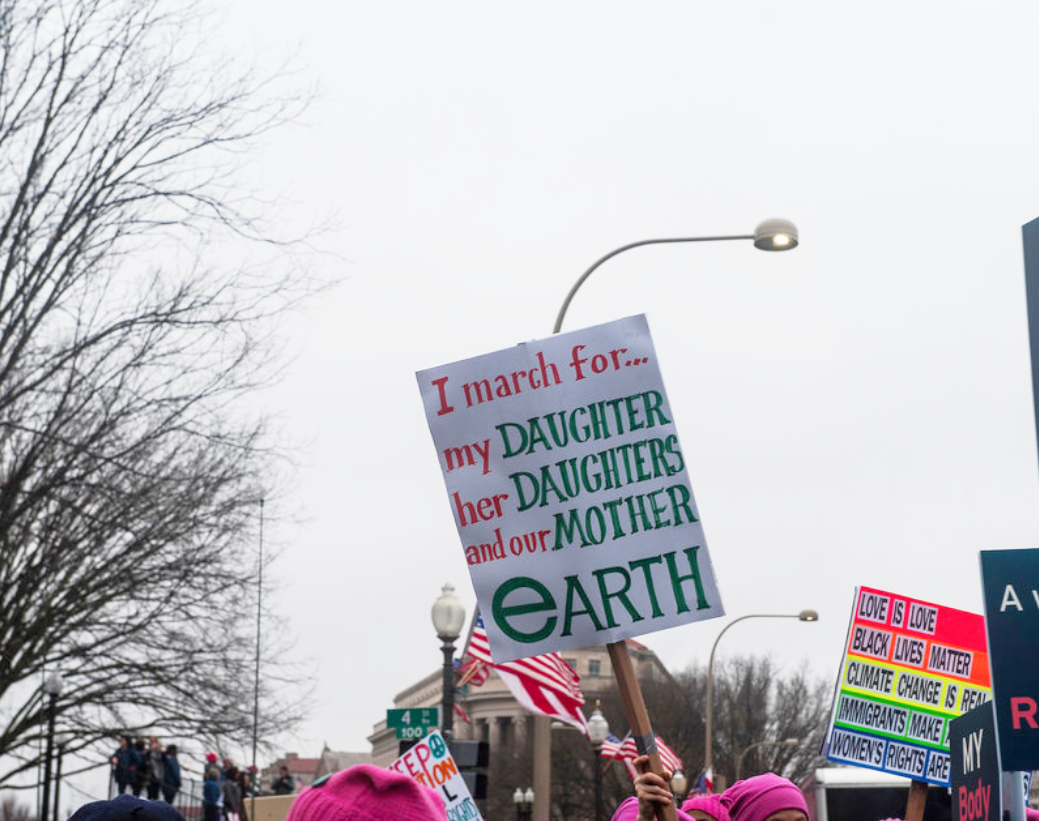
The results are in: fashion is contributing to climate change in major proportions. In 2018, Quantis estimated that the footwear and apparel industries collectively contribute to 8.1% of global carbon emissions. Our fashion consumption habits are depleting resources at unsustainable rates, enlarging our carbon footprints, and contributing to water pollution and deforestation at an alarming scale.
We also know that climate change and environmental degradation disproportionately affect women. Because women around the world are at greater risk of poverty and less resilient to jobs in crisis situations than men, their livelihoods are further damaged by extreme weather events and climate catastrophes (Source: NRDC). So regardless of our gender, when we participate in excessive consumption at the expense of the planet, we do so at the expense of women.
3: Consumers want the fashion industry to tackle gender inequality.
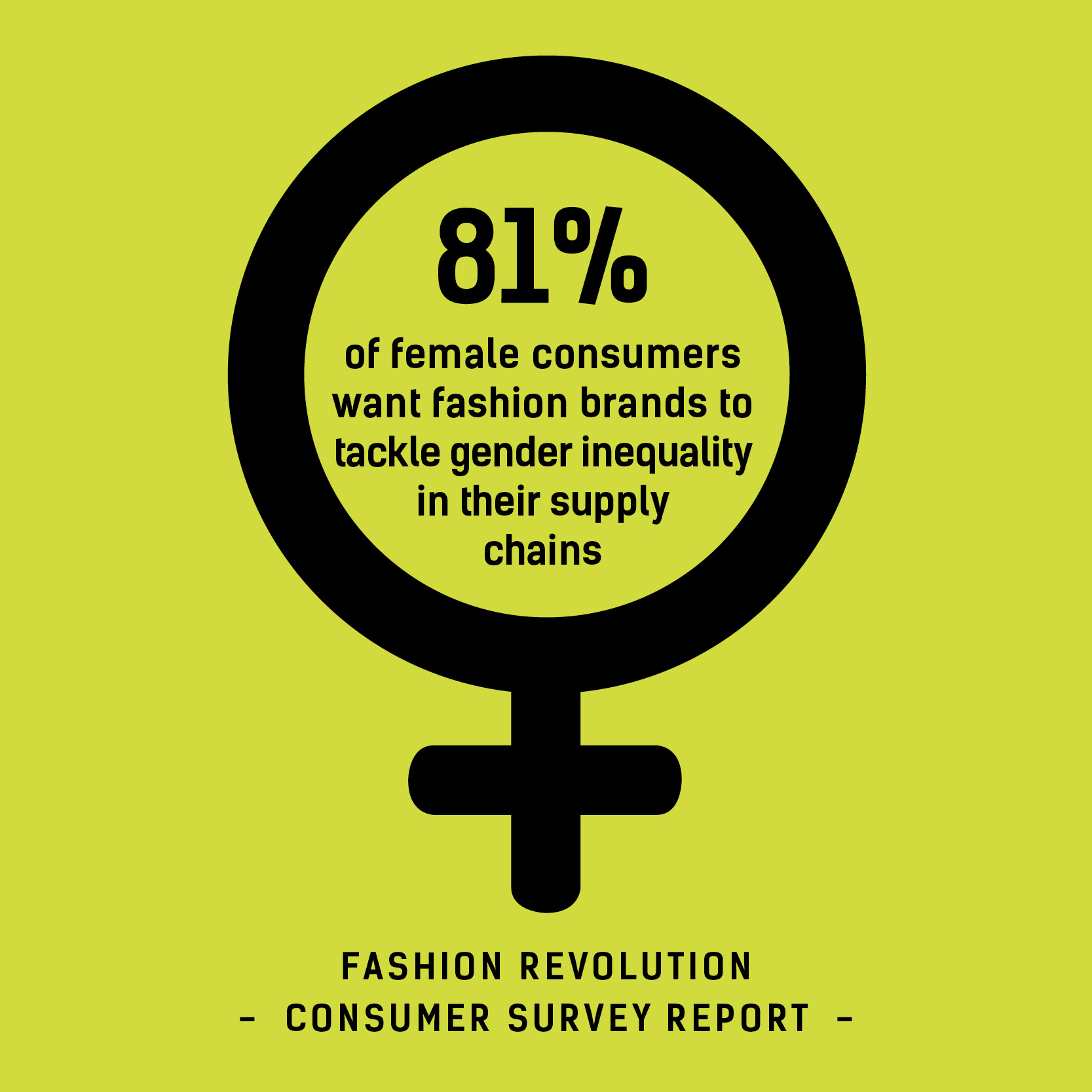
In an Ipsos Mori survey of 5,000 people across the five largest EU markets published by Fashion Revolution in November 2018, consumers told us they want to know more about the social and environmental impacts of their garments when shopping for clothes, and they expect fashion brands and governments to be doing more to address these issues. 77% of respondents felt it important for fashion brands to tackle gender equality. Among women, that number was 81% (Source: Fashion Revolution Consumer Survey Report).
For us, these numbers are clear and positive proof that fashion consumers care about how the products they buy impact women around the world. If we really believe that fashion brands should works towards gender equality in their supply chains, then we must let them know. This is why we encourage the question, ‘Who Made My Clothes?”, and why we think this question is only the start of a dialogue between consumers and brands about transparency and action. If you can’t see it, you can’t fix it.
4: Our “feminist” slogan T-shirts do not empower the women who make them.
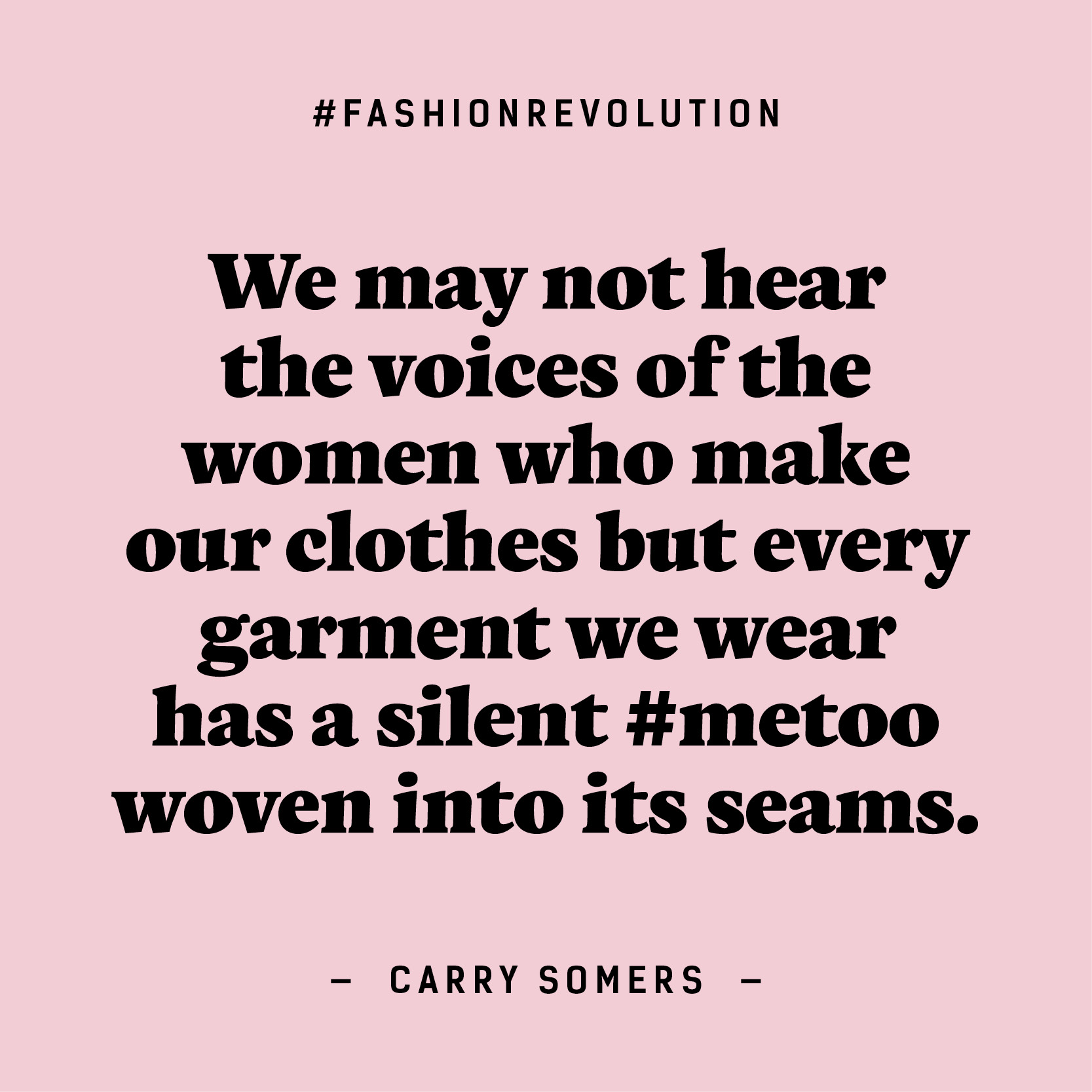
The past few years, characterised by virtual protests and the #metoo movement have seen a surge in feminism that is loud and proud. Too often, the fashion industry has tried to co-opt this positive momentum into commoditised merchandise. Fashion Revolution co-founder, Carry Somers, recently published an op-ed titled ‘Does Your Feminist T-Shirt Empower The Women Who Made It?’. In it, she wrote, “We may not hear the voices of the women who make our clothes but every garment we wear has a silent #metoo woven into its seams”.
Her article is another powerful read for International Women’s Day, as it highlights the tokenistic nature of feminist tees, and the reality faced by most women in the garment supply chain.
5: Organisations and businesses that value equality and sustainability are good for women.
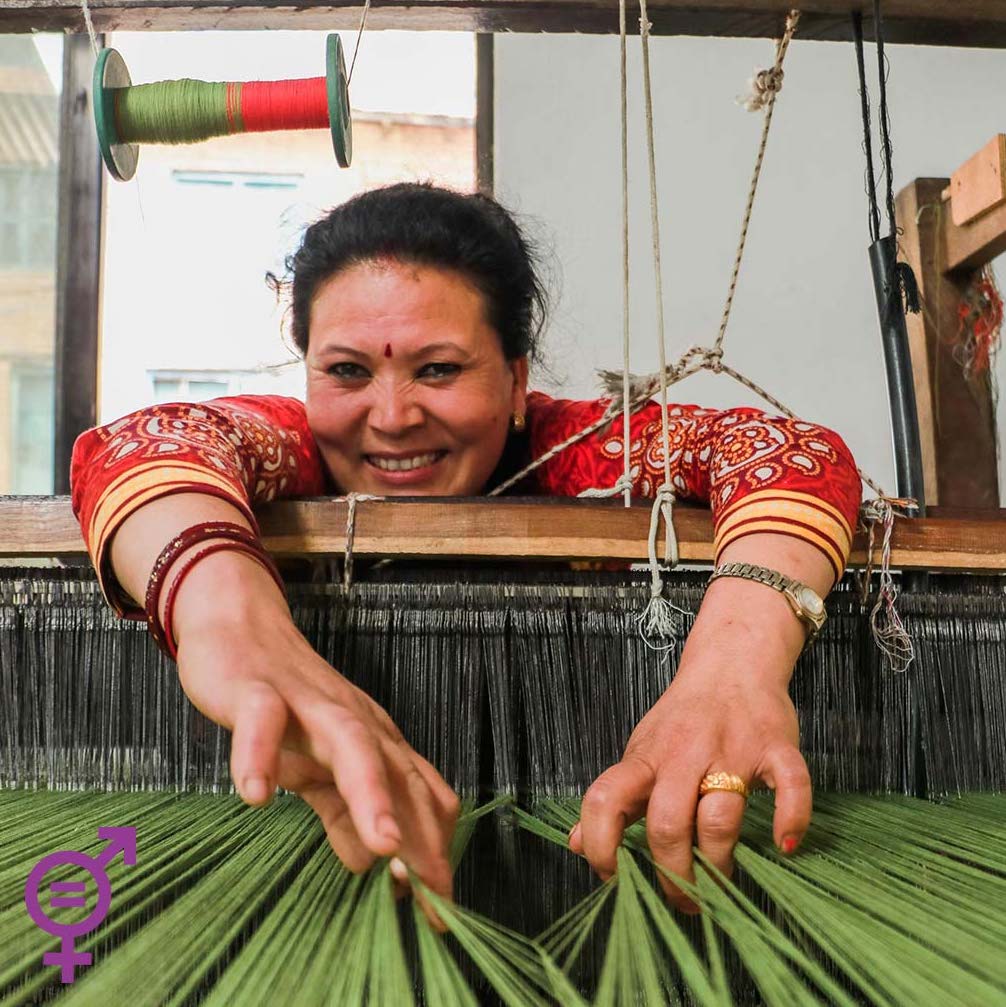
Today, the Trade Fair Live Fair project releases two must-read reports on gender equality and Fair Trade businesses and organisations. In the reports, key challenges and strategies around gender equality are outlined. One of the most important findings in these reports is the revelation that, “Fair Trade enterprises are reaching a higher level of women’s leadership than conventional businesses. Women in Fair Trade enterprises are four times more likely to achieve senior management positions than women working in conventional businesses” (Source: WFTO).
This finding is essential proof that businesses and supply chains with environmental and social responsibilities in their foundations value gender equality. Clearly, the biggest issues of our time, like environmental crises, global poverty, and gender imbalance are not isolated issues: they are problems that we can address in tandem with one another, by supporting women, and becoming educated, conscious consumers and citizens.




